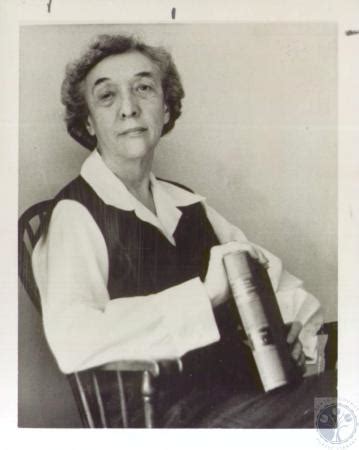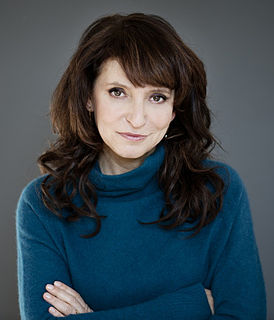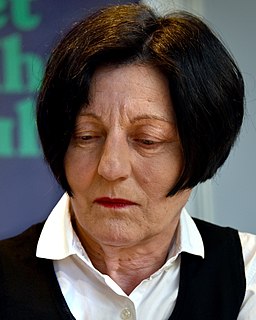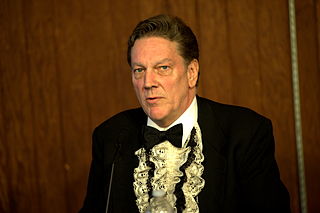A Quote by Yehuda Amichai
The world of religion isn't a logical world; that's why children like it. It's a world of worked-out fantasies, very similar to children's stories or fairy tales.
Related Quotes
Though now we think of fairy tales as stories intended for very young children, this is a relatively modern idea. In the oral tradition, magical stories were enjoyed by listeners young and old alike, while literary fairy tales (including most of the tales that are best known today) were published primarily for adult readers until the 19th century.
Fairy tales have always been about getting through the worst of everything, the darkest and the deepest and the bloodiest of events. They are about surviving, and what you look like when you emerge from the trial. The reason we keep telling fairy tales over and over, that we need to keep telling them, is that the trials change. So the stories change too, and the heroines and villains and magical objects, to keep them true. Fairy tales are the closets where the world keeps its skeletons.
the association of children and fairy-stories is an accident of our domestic history. Fairy-stories have in the modern lettered world been relegated to the “nursery,” as shabby or old-fashioned furniture is relegated to the play-room, primarily because the adults do not want it, and do not mind if it is misused.
William Shakespeare was the most remarkable storyteller that the world has ever known. Homer told of adventure and men at war, Sophocles and Tolstoy told of tragedies and of people in trouble. Terence and Mark Twain told cosmic stories, Dickens told melodramatic ones, Plutarch told histories and Hans Christian Andersen told fairy tales. But Shakespeare told every kind of story – comedy, tragedy, history, melodrama, adventure, love stories and fairy tales – and each of them so well that they have become immortal. In all the world of storytelling he has become the greatest name.
I did translations of Grimms' Fairy Tales and became very charmed about that way of looking at things. Fairy tales tell a lot of truths. Just as a side point, for instance, we always think the bad guys in fairy tales are the stepmothers, who are witches. But where are the fathers when the witches are killing and mishandling their children? Away. They are on a business trip. They are hunting, they are away. Wow, you know! No one says the fathers are the bad guys! It's one of the things you don't say. But my goodness, where are they?
You've got to give kids really beautiful children's books in order to turn them into revolutionaries. Because if they see these beautiful things when they're young, when they grow up they'll see the real world and say, 'Why is the world so ugly?! I remember when the world was beautiful.' And then they'll fight, and they'll have a revolution. They'll fight against all of our corruption in the world, they'll fight to try to make the world more beautiful. That's the job of a good children's book illustrator.






































